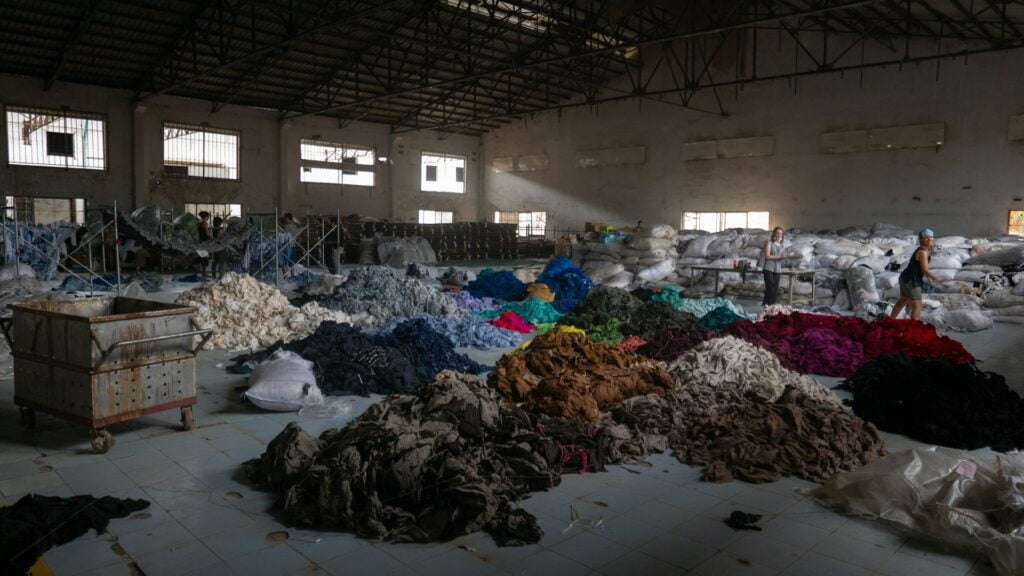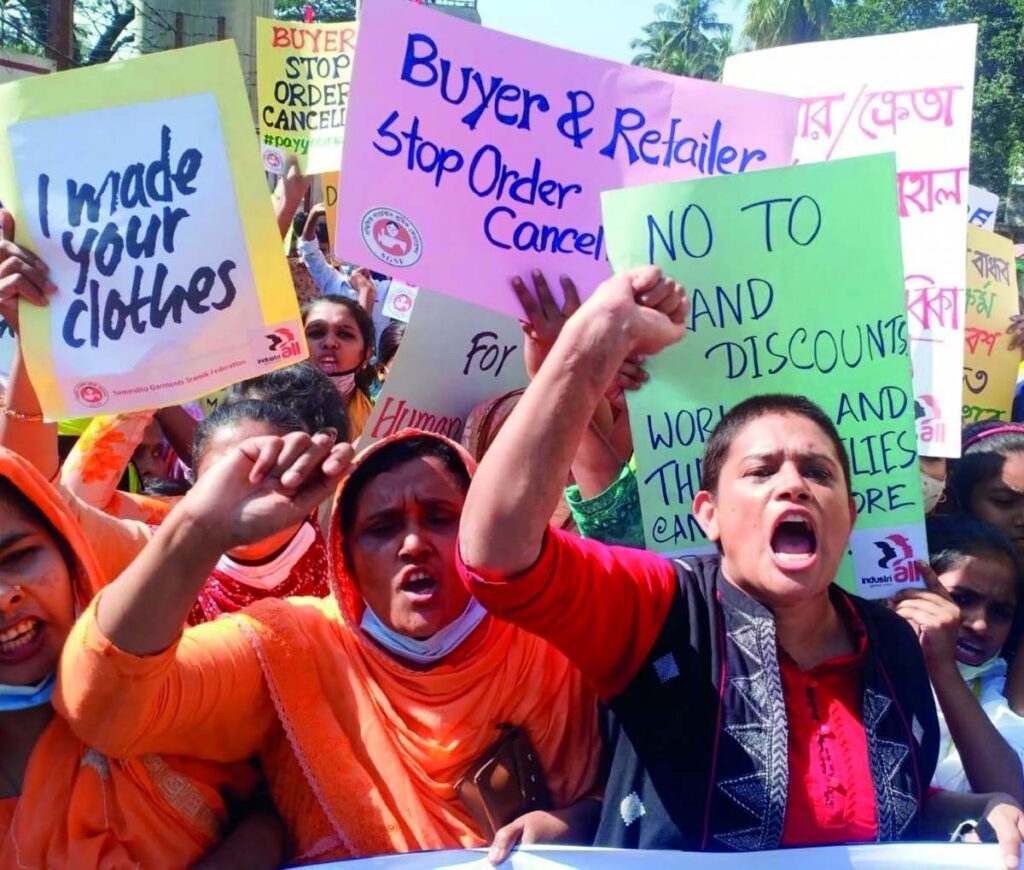Fast fashion is a term used to describe the rapid production and distribution of inexpensive clothing, inspired by the latest fashion trends. This business model is characterized by quick turnovers and low production costs, allowing fashion brands to constantly update their collections and offer affordable clothing to consumers.
The fast fashion industry is fueled by the demand for trendy and affordable clothing, leading to frequent purchases and a disposable approach to fashion. This has significantly altered the traditional fashion business model, where new collections were introduced seasonally. Instead, fast fashion brands release new designs on a weekly or even daily basis, capitalizing on consumer desire for the latest styles at low prices.
Environmental Implications of Fast Fashion

The environmental impact of fast fashion is substantial and far-reaching. The industry contributes to air, land, and water pollution through textile dyeing and treatment processes. Harmful chemicals and dyes used in fabric production often find their way into water bodies, leading to water contamination and depletion. Additionally, the high volume of textile waste generated by fast fashion contributes to landfill overflow and environmental degradation. The fashion industry is also a significant contributor to annual global carbon emissions, with anthropogenic greenhouse gas emissions from textile production and distribution.
Furthermore, the rapid pace of fast fashion leads to overconsumption and increased demand for natural resources, further exacerbating environmental issues. The industry’s impact on biodiversity and ecosystems is also a growing concern, as the demand for raw materials such as cotton and leather puts a strain on natural habitats and wildlife.
Social Implications of Fast Fashion

The fast fashion industry is notorious for labor exploitation and poor working conditions in garment factories, particularly in developing countries where production costs are lower. Garment workers often face long hours, low wages, and unsafe working environments, leading to significant health and safety risks. Human rights violations, including child labor and forced labor, are also prevalent in the supply chains of fast fashion brands.
Moreover, the relentless pursuit of low production costs and high-profit margins has contributed to poverty in developing countries, where garment workers and their families struggle to make ends meet despite their essential role in the global fashion supply chain.
Economic Implications of Fast Fashion
The fast fashion business model has led to market saturation and overconsumption, as consumers are encouraged to buy fast fashion items frequently due to their low cost and perceived obsolescence. This has had a detrimental impact on local and traditional industries, as small-scale artisans and independent designers struggle to compete with large fast fashion brands.
Furthermore, economic disparities in the global fashion market have become more pronounced, with fast fashion brands dominating the industry and reaping significant profits at the expense of ethical and sustainable practices. The financial implications for consumers are also noteworthy, as the low cost of fast fashion items often masks the long-term costs associated with their production and disposal.
Sustainable Alternatives to Fast Fashion

In response to the environmental and social issues associated with fast fashion, there has been a growing movement towards ethical and sustainable alternatives. Ethical fashion brands prioritize transparency, fair labor practices, and environmentally friendly production methods. Similarly, secondhand and vintage shopping, as well as clothing rental and sharing platforms, offer consumers the opportunity to embrace a more sustainable approach to fashion consumption.
Additionally, do-it-yourself (DIY) and upcycling initiatives have gained popularity, encouraging individuals to repurpose and revitalize existing clothing items rather than constantly buying new ones.
Conclusion
The multifaceted impact of fast fashion necessitates collective action and consumer awareness to address its environmental, social, and economic implications. By supporting ethical and sustainable fashion practices, consumers can contribute to positive change within the industry. Furthermore, promoting responsible and mindful consumption is essential in mitigating the adverse effects of fast fashion.
In the long term, addressing the challenges posed by fast fashion will require a shift towards a more sustainable and circular fashion economy. This transition will not only benefit the environment and garment workers but also lead to a more equitable and ethical global fashion industry.
By understanding the complexities of fast fashion and embracing sustainable alternatives, individuals can play a crucial role in shaping a more responsible and conscientious approach to fashion consumption.